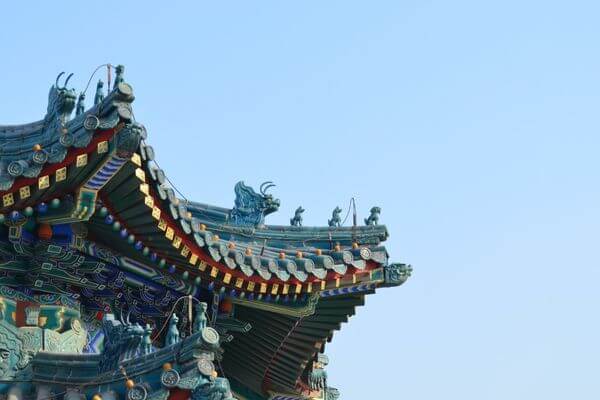
On 9 Dec. 2022, China’s Supreme People’s Court (SPC) issued the “Opinions on Regulating and Strengthening the Applications of Artificial Intelligence in the Judicial Fields” (关于规范和加强人工智能司法应用的意见).
The SPC also published the English version of this policy simultaneously, which shows its expectation that the international community could understand its attitude in this field.
The policy summarizes the practical experience of AI judicial application in China, including rules of online litigation, mediation, and operation, as well as the policy of blockchain application in the judicial field.
It also proposes five application scenarios for judicial AI technology, namely providing all-round intelligent support for judicial work, significantly alleviating the high administrative workload of judges, effectively maintaining judicial integrity, improving court management, and achieving innovation in facilitating social governance.
Cover Photo by shark ovski on Unsplash
Contributors: CJO Staff Contributors Team








